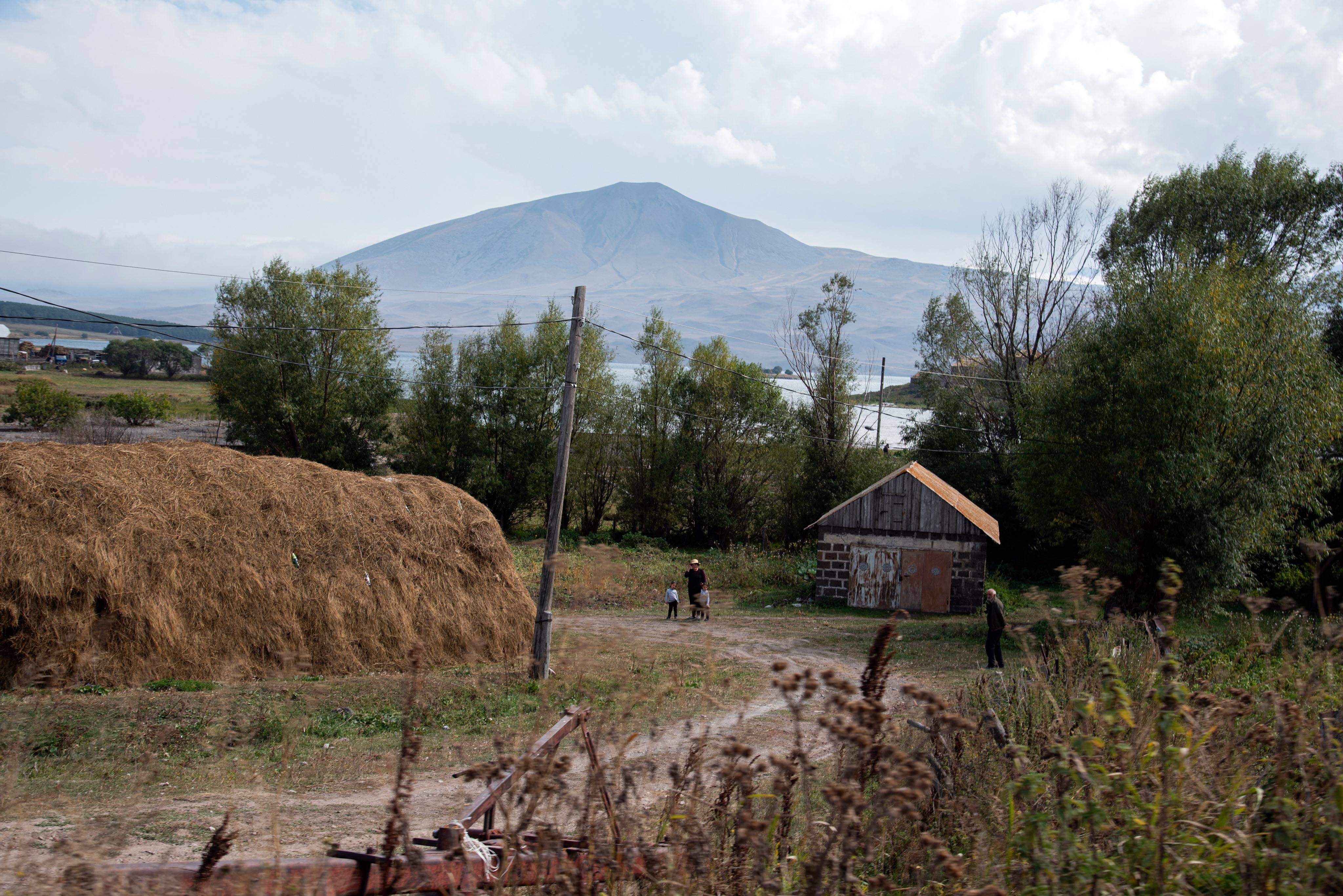საერთო ცხელი ხაზი +995 577 07 05 63


The Social Justice Center calls on government agencies to take legislative, administrative and social measures to support the granting of Georgian citizenship to Meskhetians displaced from Georgia and to promote their rights and social protection.
Some of the Meskhetians forcibly deported from the Georgian SSR in the 1940s, who returned to Georgia in the 2000s at various times and in different ways, still live without citizenship and are deprived of basic political and social rights. This reality, in addition to contributing to the disenfranchisement and social vulnerability of stateless families, illustrates the weakness of the policy for recognizing social injustice and restoring it to people who have experienced historical persecution and harassment.
As is known, in the 2000s, following the international obligations of the state, Georgia adopted a special law on the repatriation of Internally Displaced Persons from the Georgian SSR in the 1940s. By law, an application for repatriated status had to be submitted no later than July 1, 2009. Persons granted repatriated status must apply for citizenship to the authorized body within 2 years after repatriated status being granted , and must renounce the citizenship of another country within 5 years of the issuance of the decree granting Georgian citizenship.
Unfortunately, the limited mechanisms, deadlines and weak social and other programs related to the repatriation process provided by law have not proved to be a real tool for repatriation and the restoration of justice. It is noteworthy that according to the information received from the Office of the State Minister for Reconciliation and Civic Equality on June 2, 2021, the status of repatriate was granted to 1998 adults. Only 496 people took the opportunity to obtain Georgian citizenship on the basis of their ‘repatriated’ certificates.
These statistics and the analysis of the legal and social situation of the Meskhetians clearly show that the repatriation system and policies established by the state have not proved to be effective and fair and have not actually achieved the goal of restoring historical justice. As mentioned above, the inefficiency of the repatriation system can be explained by several factors: the unreasonable time limitations of the law, the absence of a simplified procedure for obtaining the status and lack of assistance in obtaining the required documentation, the weak social guarantees, and the lack of proactive support programs and tools for return and reintegration.
Today, the situation of families in Georgia who have (in most cases) repatriated status and yet are still without citizenship, is most prevalent among the Muslim Meskhetian community. These families are unable to obtain citizenship because they have already missed the deadline for using the simplified citizenship procedure, while other existing citizenship procedures create insurmountable barriers for them, including lack of language skills, citizenship of another country, and permanent residency in Georgia.
In these circumstances, it is important to find special legal, administrative and social mechanisms to support this group. These may include:
The Social Justice Center has already appealed to the relevant state agencies (including the government, the Minister of Justice) to respond appropriately. In our view, in the face of historical persecution, harassment and traumatic experiences, creating fair legal and social conditions for displaced Meskhetians is a crucial commitment of our country and society and will be a step towards building an inclusive, equal society.
We hope that the state agencies will understand the importance of this issue and will take adequate measures as soon as possible to repatriate Meskhetians and grant them Georgian citizenship, as well as to renew the process of creating social and legal guarantees.
The website accessibility instruction